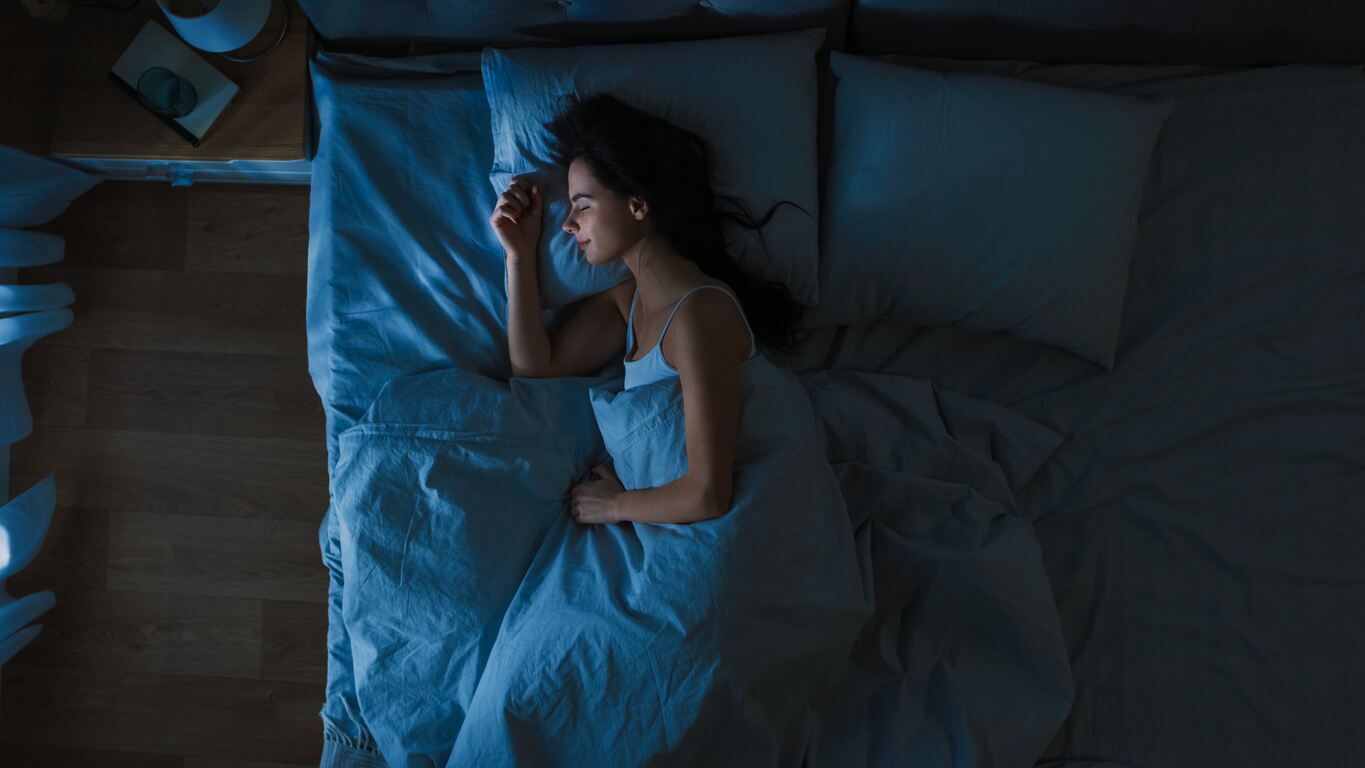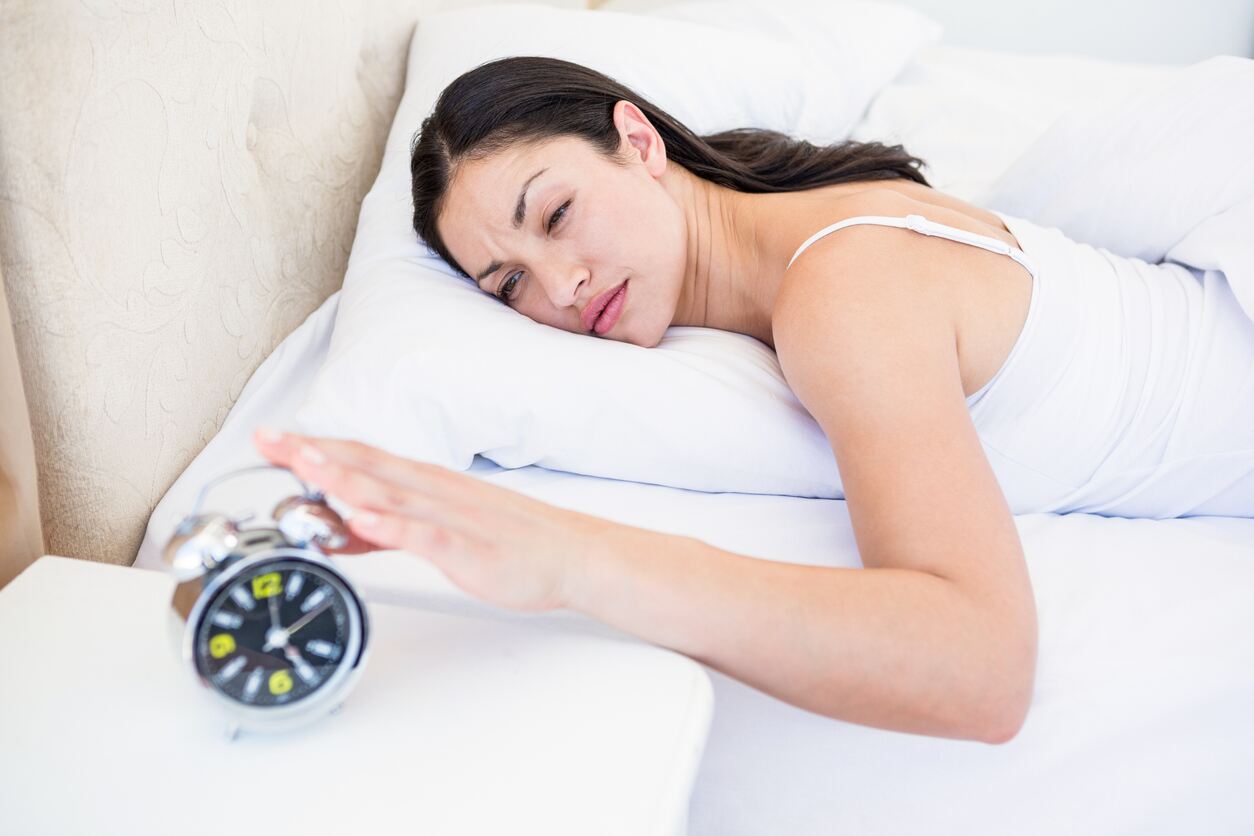
Getting a good night’s sleep isn’t just vital for our physical health, but our mental wellbeing too. Read on to find out some of the ways shift work can affect your sleep.
You might drink more caffeine
When tiredness creeps up on you during shift work, it’s very tempting to have another cup of coffee or energy drink. The caffeine in these pick-me-ups is a stimulant that makes us feel more alert and can boost concentration levels, but later on you might struggle to nod off. Most studies suggest even a moderate amount of caffeine later on in your sleep routine can disrupt sleep, and experts advise against it up to six hours before bedtime.
It can upset your biological clock
Perhaps most obviously, switching when we sleep between during the day and the night can set our body out of sync with its own internal clock (circadian rhythm). Our natural sleep-wake cycle is to be up during the day and tucked under our duvets at night, so changes to this can lead to issues. A 2020 study identified how shift changes caused body clock confusion and raised health issues such as obesity and diabetes.
There’s more disturbances in the day
For everyone clocking off from their night shift and ready to get some shut eye, there’ll be far more people heading off to work to start their day. It stands to reason then, that sleeping during the day is typically more difficult due to environmental factors and disturbances generated by noise from the outside world. These can not only affect shift workers’ quantity of sleep, but also the quality of it.
Mealtime routines are disrupted
When working outside of the standard 9-to-5-style day, it’s understandable that different eating habits will develop. But wolfing down a heavy meal right before bed, especially one loaded with carbs, can lead to problems with your body’s ability to break down food – and these struggles with proper digestion will likely interfere with how well you get to sleep.
Hormone production slows down
At night, our bodies produce plenty of the hormone melatonin, which is ultimately what helps us start to doze off. During the day though, there’s a notable reduction in the production of this crucial chemical messenger that aids sleep, making it that bit more difficult to catch some Zz’s.
Discover more about your body’s biological clock and ways to improve your sleeping habits, with our guide to 5 things you need to know about your circadian rhythm.

















